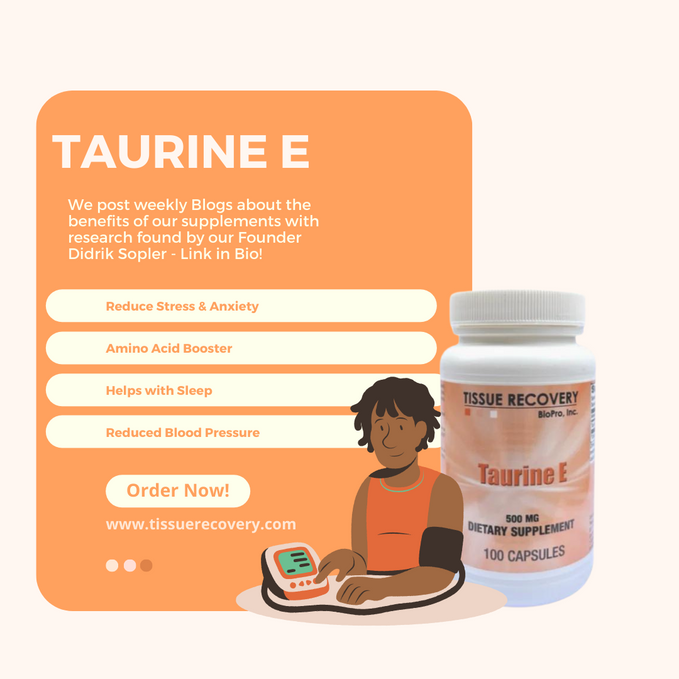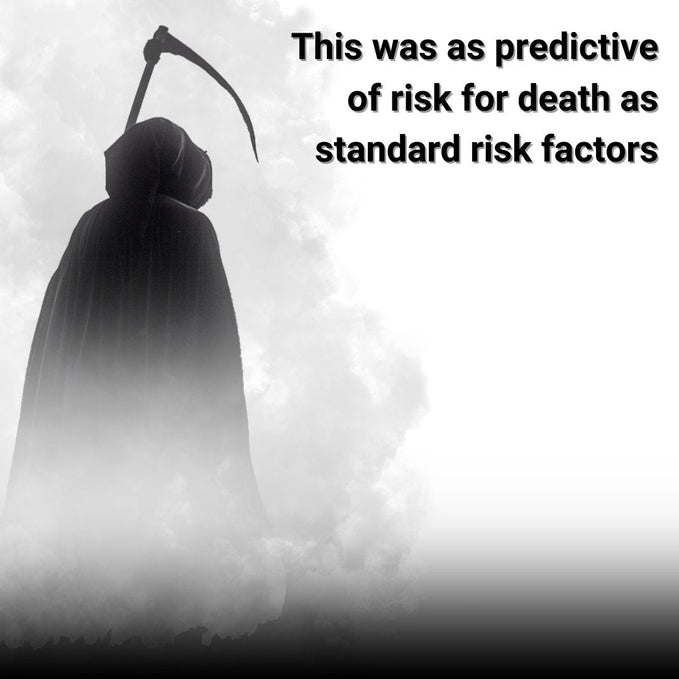No products in the cart.

Alpha Lipoic Acid Has Shown to Lower Blood Pressure
Posted by: Didrik Sopler, Ph.D., L.Ac.
This review, analyzing 11 studies with 674 patients, reveals alpha lipoic acid's impact on lowering blood pressure.
Read more

This may help to reduce cellular aging
Posted by: Didrik Sopler, Ph.D., L.Ac.
New research shows that as we age, levels of the molecule taurine in our blood decrease. This decline has been observed in mice, monkeys, and humans. Interestingly, when taurine levels were boosted through supplementation, both mice and monkeys experienced longer, healthier lives.
Read more

Can high blood pressure be reduced by using salt substitutes?
Posted by: Didrik Sopler, Ph.D., L.Ac.
This research reviewed ten studies and included 1119 participants with high blood pressure where salt substitutes were used instead of regular salt (Jafarnejad S, et.al., 2020). Potassium chloride is used at least partially instead of regular salt in salt substituted products. The results showed a significant reduction in systolic...
Read more

Can one food reduce your blood pressure?
Posted by: Didrik Sopler, Ph.D., L.Ac.
Keeping your blood pressure normal and low is important. High blood pressure will increase your risk for stroke. What if you could reduce your blood pressure by adding one food to your diet and avoiding the side effects of blood pressure medications? The researchers who published the following study investigated...
Read more

This was as predictive of risk for death as standard risk factors.
Posted by: Didrik Sopler, Ph.D., L.Ac.
Some of the standard risk factors for death include cholesterol, high blood pressure, diabetes, and smoking. The following research compared standard risk factors with the composition of fatty acids of the red blood cells as risk factors for death (McBurney M, et al., 2021). Analysing the red blood cells...
Read more
Showing: 1 -5 of 5






